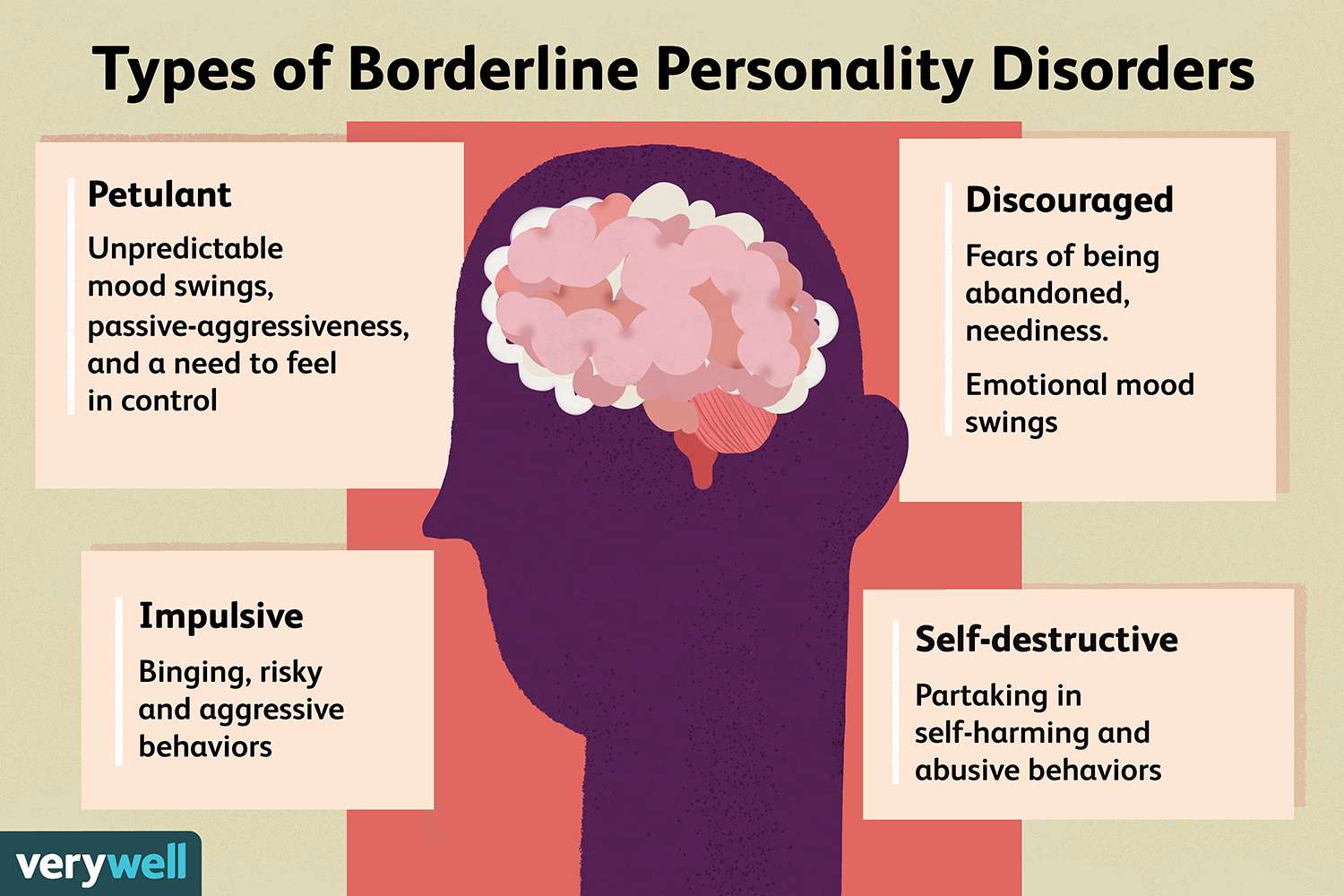Delusion of Infidelity (Othello Syndrome)
Delusion of infidelity, also known as Othello Syndrome, is a psychiatric condition where a person holds a false and unfounded belief that their partner is being unfaithful. This condition is named after Shakespeare’s character Othello, who becomes obsessively convinced of his wife’s infidelity.
Symptoms
- Persistent, unfounded accusations of infidelity.
- Obsessive thoughts about the partner’s supposed unfaithfulness.
- Monitoring partner’s activities excessively.
- Interrogating the partner frequently.
- Insisting on having evidence or explanations for innocuous actions.
Causes
- Underlying psychiatric disorders such as schizophrenia, schizoaffective disorder, or bipolar disorder.
- Neurological conditions like Parkinson’s disease or Alzheimer’s disease.
- Substance abuse.
- Personality disorders.
Treatment Options
As per Dr. Arnab Pathak, a psychiatrist based in Kolkata:
- Pharmacotherapy
- Antipsychotics: Medications like risperidone, olanzapine, or aripiprazole may be used to reduce delusional thinking.
- Antidepressants: SSRIs or SNRIs can help if there’s a co-existing mood disorder.
- Mood Stabilizers: Used in cases where the delusion is associated with bipolar disorder.
- Cognitive Behavioral Therapy (CBT)
- Helps patients challenge and change their delusional thoughts.
- Encourages the development of coping strategies to manage obsessive thoughts and behaviors.
- Psychoeducation
- Educating the patient and their family about the condition.
- Helps in understanding the nature of the delusion and the importance of adherence to treatment.
- Couples Therapy
- Can be beneficial in addressing relationship issues and improving communication.
- Provides a safe space for both partners to express their concerns and feelings.
- Hospitalization
- In severe cases where there’s a risk of harm to self or others, temporary hospitalization may be necessary to stabilize the patient.
Seeking Treatment
If you or someone you know is experiencing symptoms of Othello Syndrome, it’s crucial to seek professional help. Consulting with a psychiatrist like Dr. Arnab Pathak in Kolkata can provide the necessary evaluation and treatment plan. Early intervention can improve outcomes significantly.
Would you like more information on how to contact Dr. Arnab Pathak or details about any specific treatment approach?

